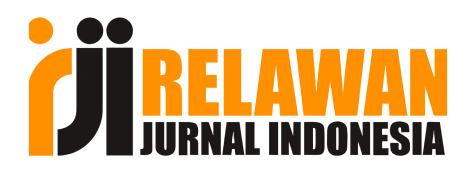The urgency of digital literacy in social media to prevent fraud in Islamic banking
Abstract
This study explores the use of social media to promote digital literacy and prevent Islamic banking fraud. The article argues that social media is a crucial space for people to access information and has an important role in disseminating information widely. These have not succeeded despite efforts to prevent Islamic banking fraud on social media. Reports from We Are Social, and the Ministry of Communication and Information (Kemenkominfo) indicate that the percentage of social media usage in Indonesia is high, and the number of fraud cases has also increased. To address this issue, social media can provide education and information on fraud prevention through various means, such as fraud material, forms or ways of fraud, and tips on avoiding fraud.
Public interest statement
Digital literacy has always been a significant problem. It has a significant role in overcoming problems in the era of Revolution 4.0. Meanwhile, social media has become the closest space for people to carry out their activities, including obtaining information. Therefore, digital literacy can be optimized on social media platforms to prevent current fraud, namely fraud with the type of social engineering in Islamic banking.
Article history
Received: 10/30/2023 | Revised: 12/11/2023 | Accepted: 12/30/2023 | Online First 12/31/2023
Downloads
Copyright (c) 2023 Susi Apriya, Wahyu Akbar, Ahmad Jaki

This work is licensed under a Creative Commons Attribution 4.0 International License.








